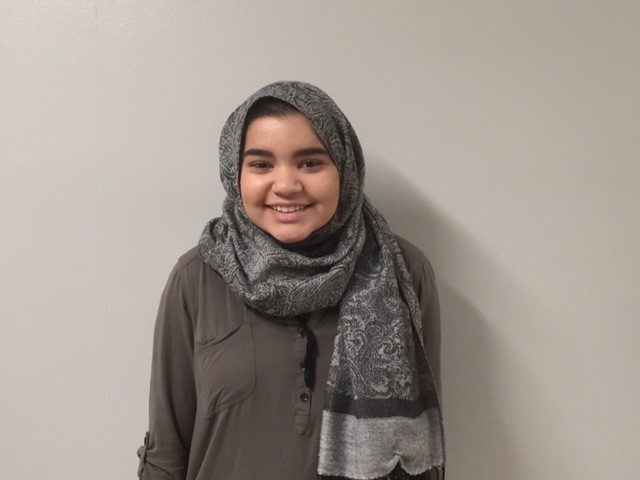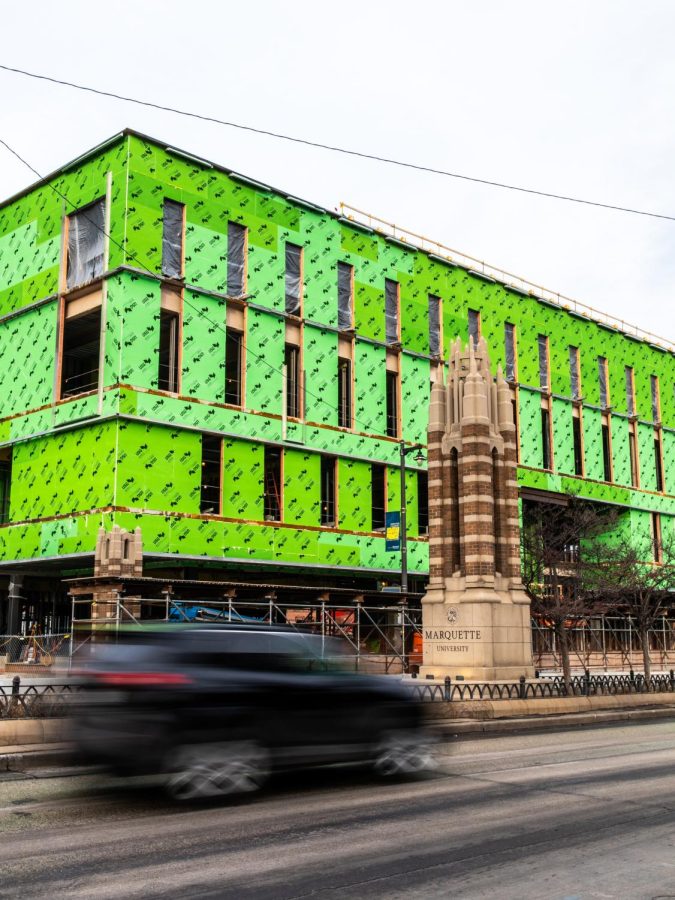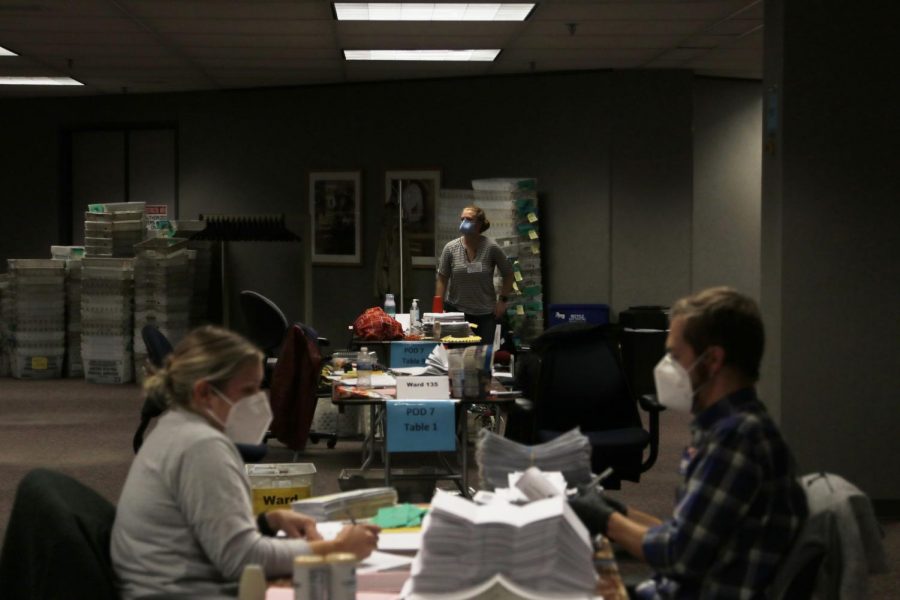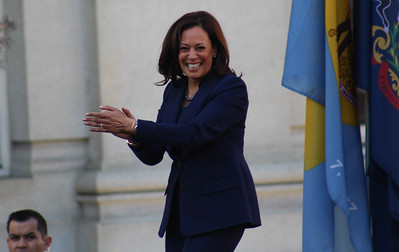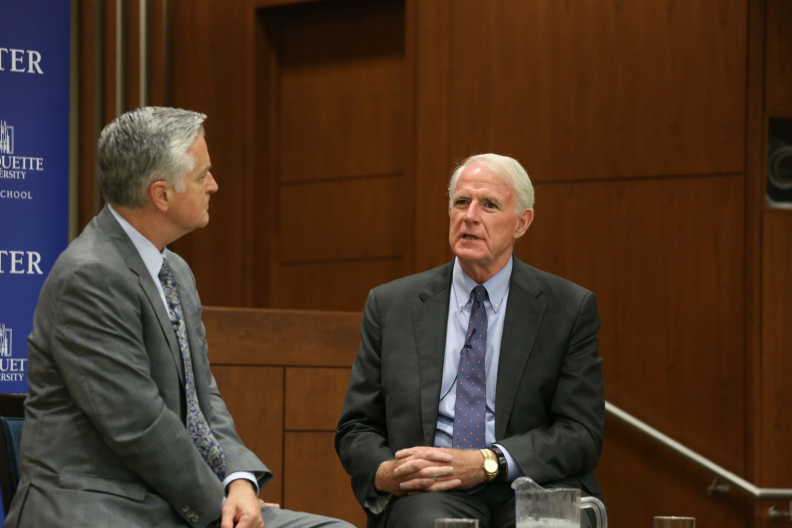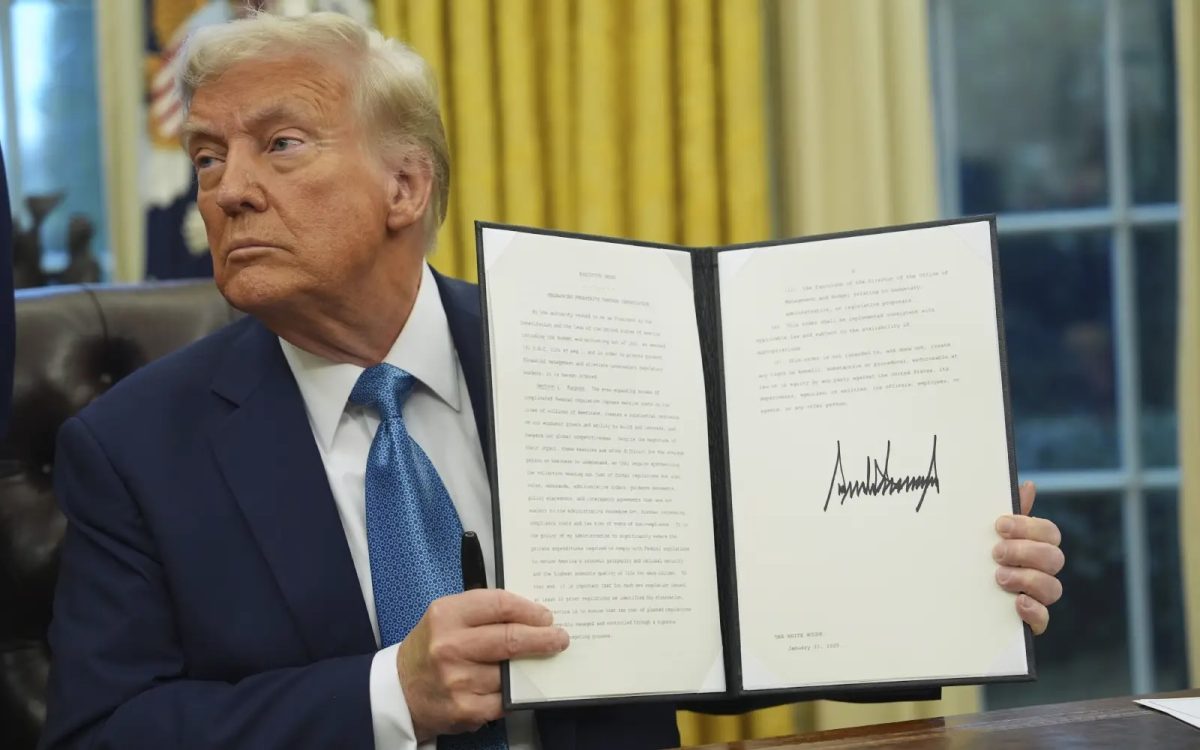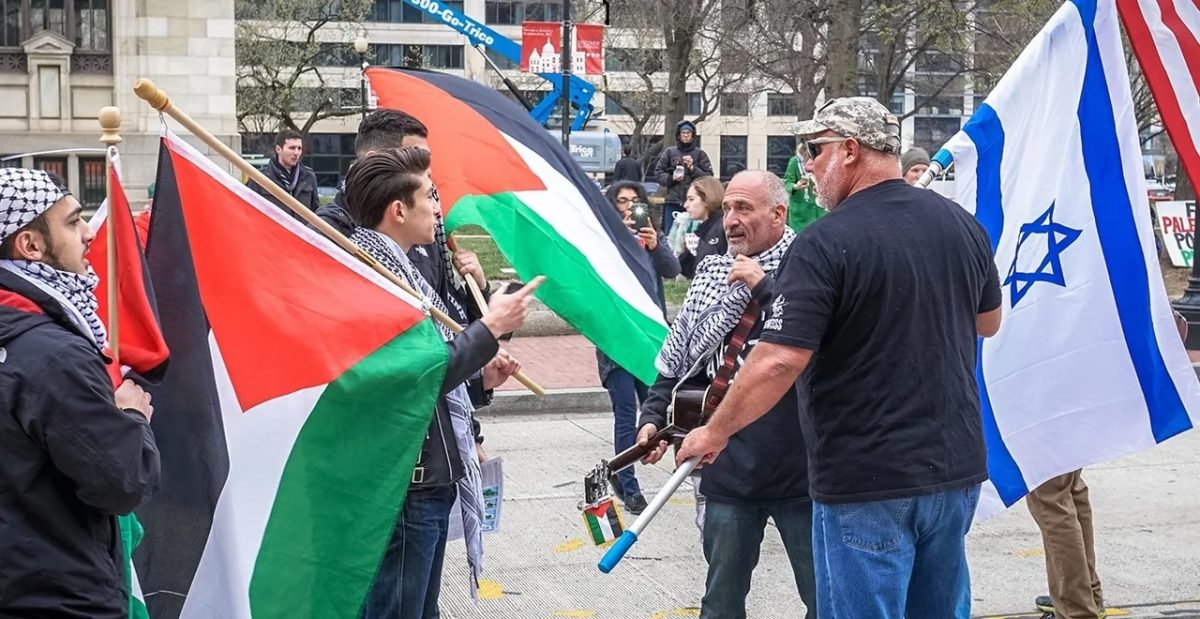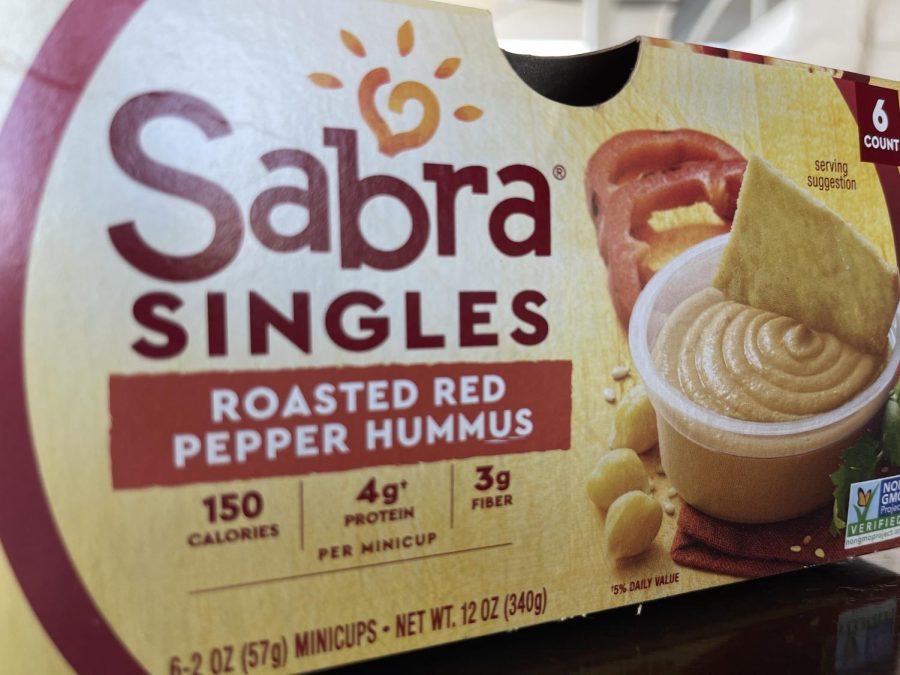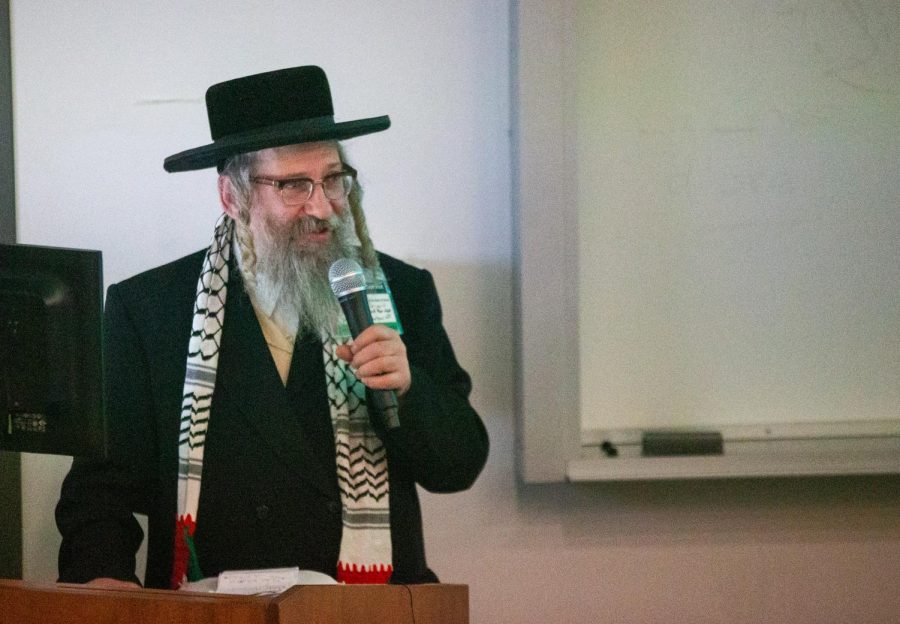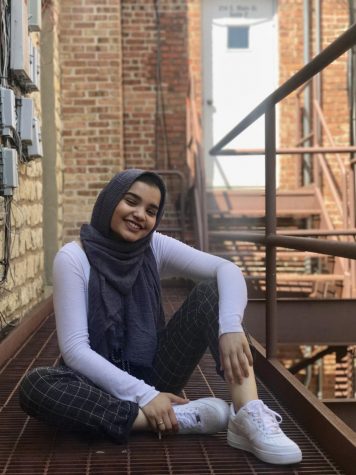In 2014, Amena Khan, a hijabi Muslim, allegedly tweeted about the horror of the Israeli attacks on Gaza. “You’re complicit in the supplying of weapons to a terrorist state,” the tweet read, directed toward British Prime Minister David Cameron. It continued, “You offered staunch support of genocide.”
In the beginning of 2018, Khan became a part of L’Oreal’s Paris Campaign. She was a game-changer and hailed as “revolutionary, barrier-breaking, and historic,” according to the Loop. By becoming a hijabi model in a popular, global brand, she inspired minorities all around the world, especially Muslim women. Some right-wing blogs and Israel supporters were not content with L’Oreal’s decision and sought out information to discredit Khan, which eventually led to the 2014 tweets.
People began to question the appropriateness of an “anti-Jew” model as the face of the campaign. The tweets were evidence enough for followers of Islamophobia to create backlash against the model and support their assumption that a hijabi model was a dangerous and wrong choice by the company.
The backlash was enough for Khan to take herself off the campaign. She released a statement saying she regretted the tweets, and apologized for the hurt they caused. She emphasized that the tweets went against the “inclusive statement that (the campaign) set out to deliver.”
The reality is that we live in a country, and world, that widely supports Israel and disregards any real effort to help the weak and innocent citizens of Palestine. Even if someone does show support for the victims in Palestine, they are faced with criticism and hostility similar to Khan.
Selena Gomez posted an Instagram photo with the caption, “It’s about humanity. Pray for Gaza.” Rihanna tweeted, “#FreePalestine.” Gomez had to follow up and clarify she was not taking sides in the situation. Rihanna deleted the tweet eight minutes later. Those who are privileged enough to have a voice and be in the spotlight do not have the capability to freely express their concerns about the horrible situation that is occurring in Palestine. Though we live in a country that prides itself on the freedom of speech, not all situations allow the same freedoms.
The tip-toeing around support for Palestine is what perpetuates the Islamophobia movement. The difficulty of criticizing the bombings of the Gaza strip permits the neglect for Muslims worldwide and the lack of concern for their safety. Right-wing conservatives will continue to attack Muslims and pose them as a threat to other countries because they ignore the truth of the Palestinian situation, and the Muslim religion as a whole.
Obviously more Muslims will support the Palestinian movement than non-Muslims, which is why those who do not fully support the religion will connect the situation to Muslims. Yes, Muslims are the ones being killed and attacked, but this is a humanity problem. Genocide should at no point and in no place be acceptable. Solely because Islamophobes do not support the religion is not an excuse to abandon the children killed by the hands of the Israeli.
Not only should we be allowed to freely speak about support for Palestine, but we should be discussing the conflict. Palestinians are in a constant struggle, and the world can no longer continue to turn away from the hundreds and hundreds of innocent deaths.
L’Oreal came out with a statement after Khan stepped down that explained how they “appreciate that Amena has since apologized for the content of these tweets and the offence they have caused. L’Oreal Paris is committed to tolerance and respect towards all people. We agree with her decision to step down from the campaign.” It makes me wonder whether the same would have occurred if a L’Oreal model tweeted in support of Israel.
Various celebrities speak proudly about their support for Israel without a concern for their reputation or backlash they could receive. Gal Gadot, who openly supports the war in Gaza, is not expected to apologize for her stance at all. What is the difference? One side deals with support of Muslims and the other does not.
Khan’s inclusion in L’Oreal’s campaign was such a large step for Muslim women and inclusivity. Some could not accept that a Muslim hijabi had the ability to advertise a beauty product. The apology and exit from the campaign is evident that there is so much more progress to be made for representation for all.


